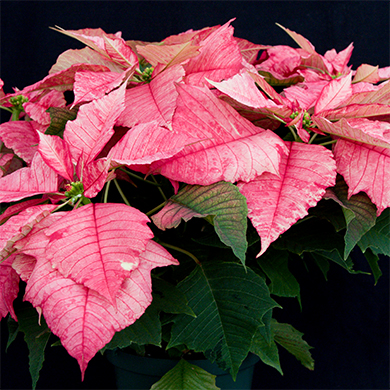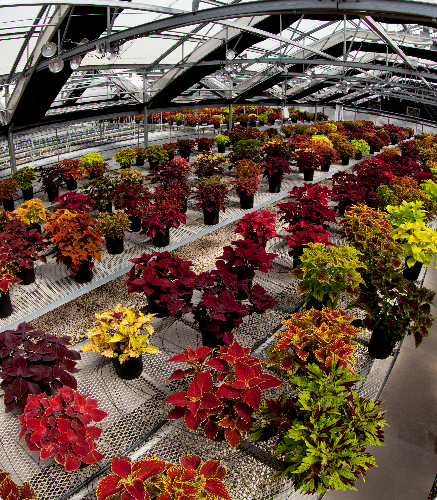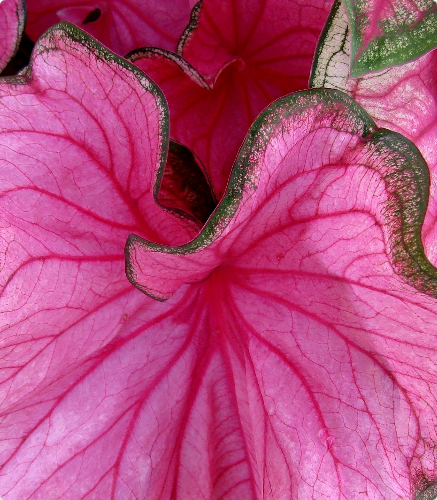UF/IFAS has the largest university-based, ornamental plant breeding program in the nation. Recent emphasis has been on developing new varieties of caladium, gerbera, coleus, lantana, and ruellia.
UF/IFAS ornamental plant breeders use an array of genetic approaches to improve plant performance, keep Florida's ornamental plant industry competitive, and enhance profitability in domestic and global markets. For example, the annual sales value of lantana produced in Florida is approximately $40 million, and the Florida caladium tuber-production industry supplies more than 95 percent of the world’s caladium tubers.






